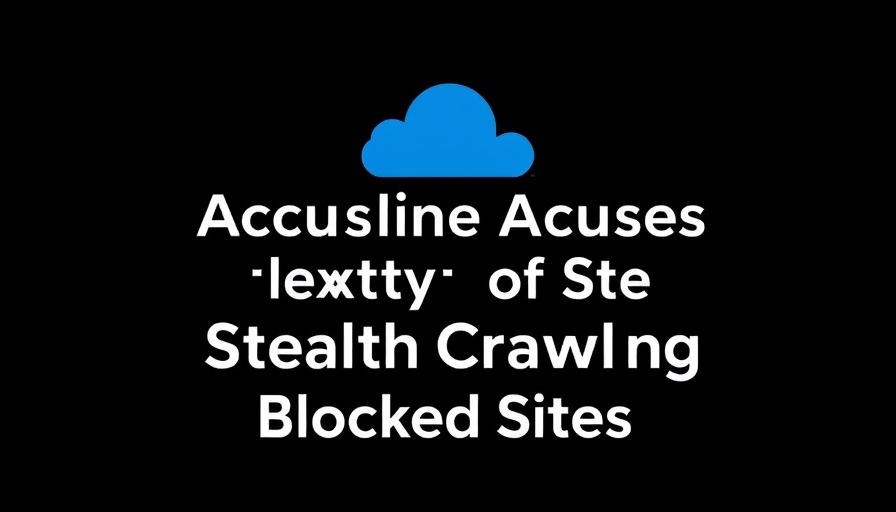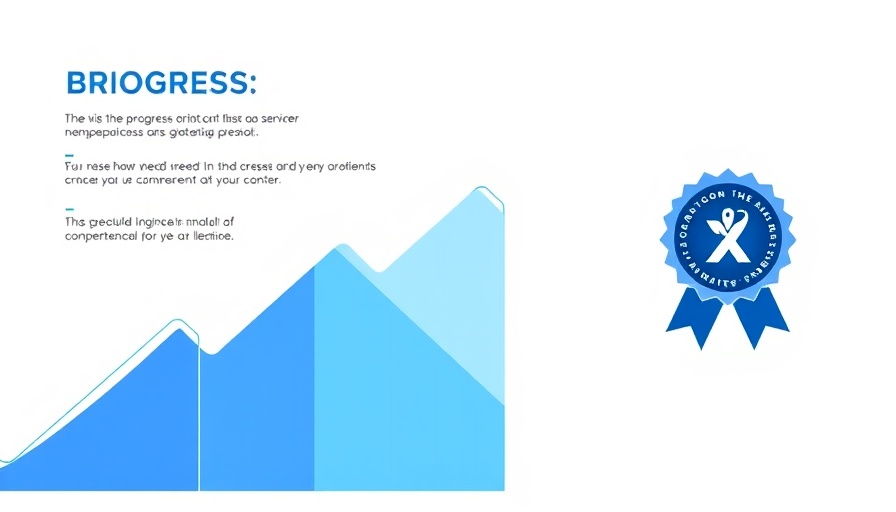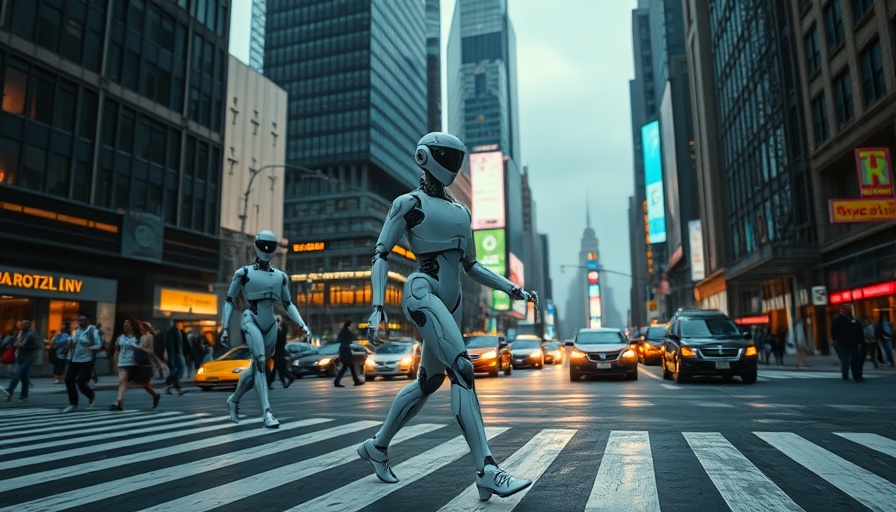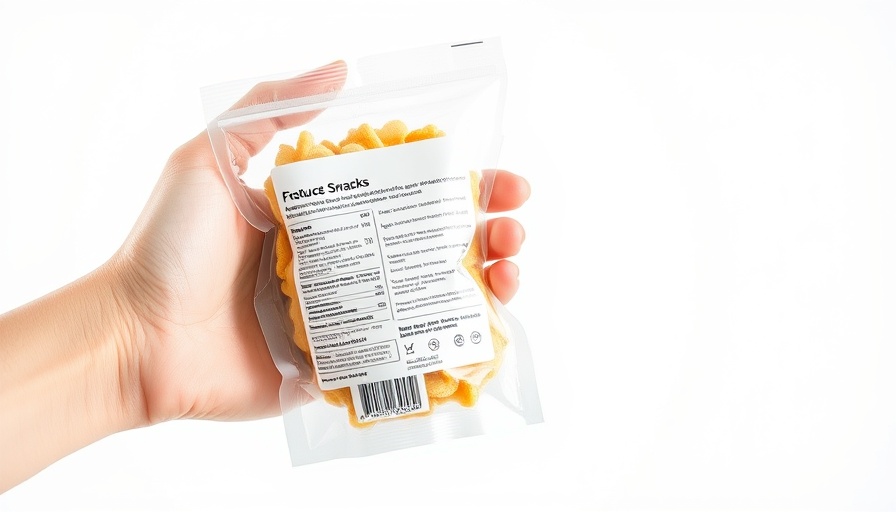
The Unfolding Conflict Over AI Crawling Practices
The battle between AI companies and web platforms over how content is accessed is heating up, with Cloudflare accusing the AI search startup Perplexity of "stealth crawling". This term refers to the practice of web crawlers disguising themselves to avoid detection and bypass restrictions set by content owners. In a critical report, Cloudflare outlined how Perplexity allegedly employs techniques such as rotating IP addresses and changing the identities of its bots to make their actions appear legitimate.
Understanding the Stakes for Publishers
At first glance, this might seem like a technical dispute confined to the backroom dealings of the internet. However, the implications extend far beyond that. As digital content creators grapple with the specter of AI systems that can access their work without permission, the rules governing online content become increasingly important. The notable lawsuit by the New York Times against OpenAI and Microsoft, which centers on similar accusations of data gathering, underscores the pressing nature of these issues.
Perplexity's Rebuttal and Its Impact on the AI Narrative
Perplexity, facing these accusations, has firmly denied any wrongdoing, categorizing the claims as unfounded and framing them as a "publicity stunt" by Cloudflare. The company argues that its AI assistants function differently from traditional crawlers. Instead of systematically scraping the internet for data, they fetch requested pages in real time to answer specific user queries, then discard that data immediately. This distinction could be crucial as it may allow Perplexity to present itself as a legitimate service rather than a data aggregator.
Future Trends Shaping AI Content Interaction
The situation raises significant questions about the future dynamics between AI services and website content creators. As Paul Roetzer from Marketing AI Institute highlights, the increasing presence of AI systems in web traffic complicates the relationship between user help and content ownership. As AI evolves, companies will find themselves navigating a murky landscape where ethical and practical boundaries blur.
The Need for Regulation and Ethical Practices
Looking to the future, one crucial takeaway is the necessity for clear regulations around how AI interacts with online content. The conventional understanding of web traffic and content ownership will require updates in response to the rapid transformation of technology. The challenge will be ensuring that AI developments benefit users without compromising the rights and interests of content creators.
What Lies Ahead in the AI Content Landscape
Clearly, this clash is just the start of larger conflicts to come. As AI continues to evolve and its applications expand, both content creators and technology companies will need to think critically about their practices. Navigating this landscape could be new territory for many, as businesses may need dedicated teams to address these emerging challenges.



Write A Comment